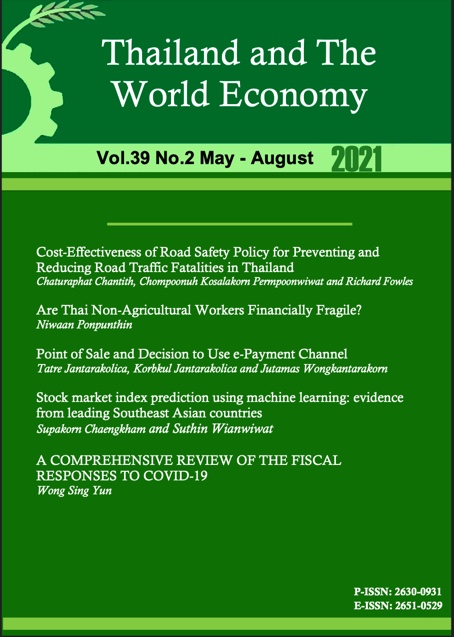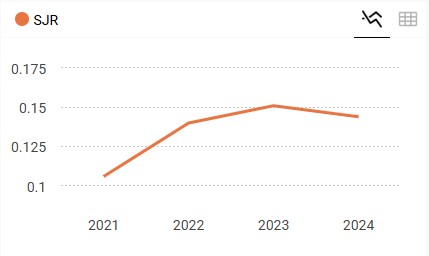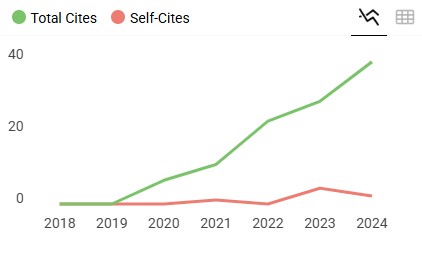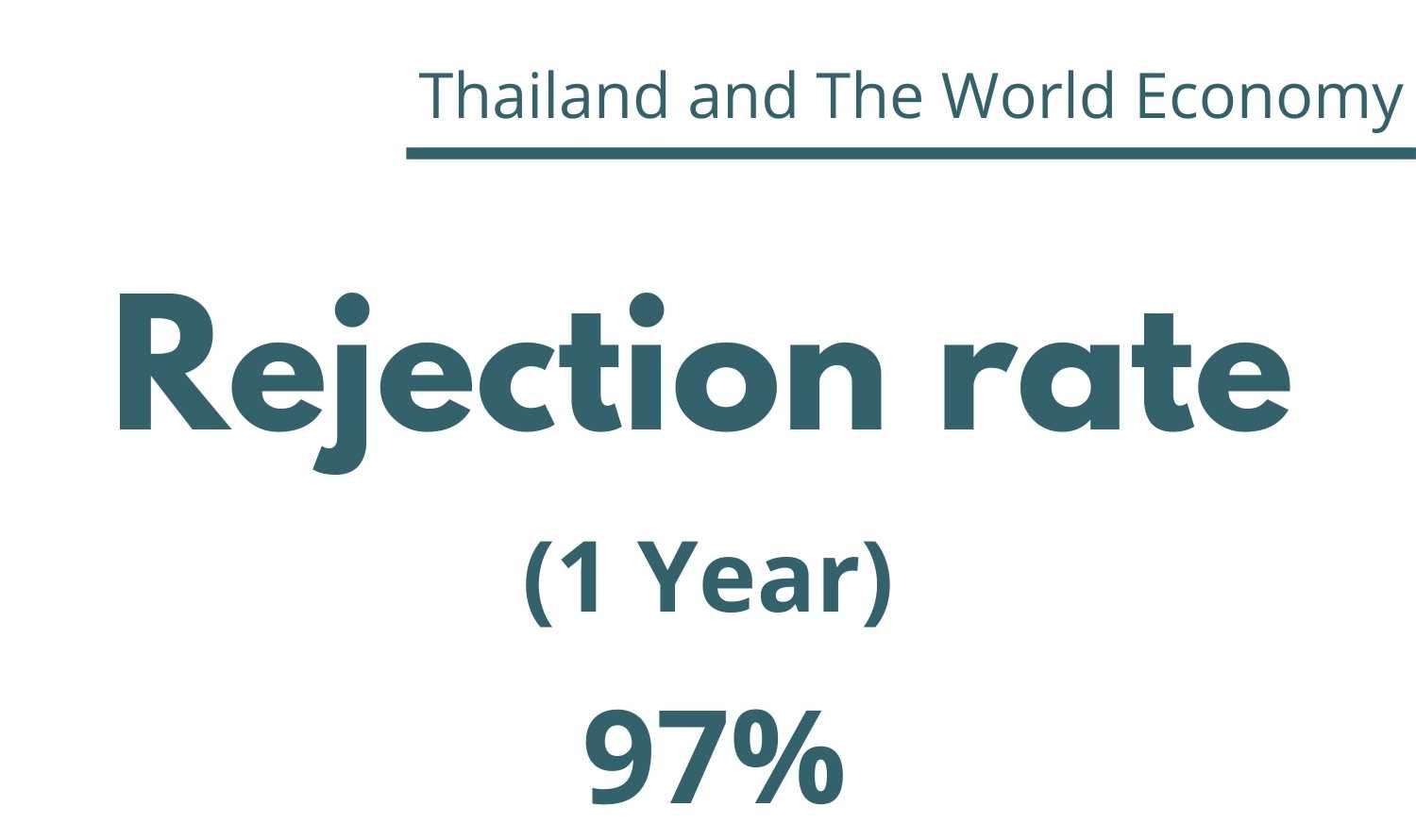A COMPREHENSIVE REVIEW OF THE FISCAL RESPONSES TO COVID-19
Keywords:
COVID-19, Fiscal Policy, ReviewAbstract
As COVID-19 pandemic spreads around the globe, it has become an apparent threat that derails the world economy. Governments across the world have therefore adopted a range of policies to response to the economic shock. Although, massive literatures had been published on these policies, there has yet been a critical review on the studies that explores the fiscal responses to the COVID-19. With this review, three clusters are identified: (1) COVID-19 and the Fiscal Policies, (2) COVID-19 and the Fiscal Effects, (3) COVID-19 and the Fiscal Challenges. This critical review will provide a greater understanding on the fiscal policies which has been adopted by many countries
References
Baker,S.R., Bloom, N., Davis, S.J. & Terry, S.J. (2020). COVID-induced economic uncertainty. NBER Working Paper Series 26983.
Bergquist, S., Otten, T. & Sarich, N. (2020). COVID-19 pandemic in the United States. Health Policy and Technology, 9(4), 623 – 638.
Blanchard, O. (2019). Public debt and low interest rates. American Economic Review, 109 (4), 1197 - 1229.
Burger, P. & Calitz, E. (2020). COVID-19, economic growth and South African fiscal policy. South African Journal of Economics, 89(1), 1 – 22.
Camous, A. & Claeys, G. (2020). The evolution of European economic institutions during the COVID-19 crisis. European Policy Analysis, 6(2),328 – 341.
Cepiku, D. & Marchese, B. (2020). The Italian response to the economic and health crises: A budgetary comparison. Journal of Public Budgeting, Accounting and Financial Management, 33(1), 47 – 55.
Cheng, C. (2020). COVID-19 in Malaysia: Economic impacts and fiscal responses. Institute of Strategic and International Studies (ISIS) Malaysia Policy Brief, Issue1– 20. [Online] Retrieved from: https://www.isis.org.my/2020/03/26/covid- 19-in-malaysia-economic-impacts-fiscal-responses/.
Danylyshyn, B. & Bohdan, I. (2020). Developing a system of anti-crisis measures for Ukraine’s economy in the spread of the coronavirus pandemic.
Banks and Bank Systems, 15(2), 1 – 15.
Davis, J., Mengersen, K., Bennett, S., & Mazerolle, L. (2014). Viewing systematic reviews and meta-analysis in social research through different lenses. SpringerPlus, 3, 511.
Debelle, G. (2020). The reserve Bank of Australia’s policy actions and balance sheet. Economic Analysis and Policy, 68, 285 – 295.
Della Posta, P. (2018). Fiscal austerity and monetary easing: Which one is to be praised for ending the euro area crisis?. The European Journal of Comparative Economics, 15(1), 165–189.
Dev, S.M., & Sengupta, R. (2020). COVID-19: Impact on the Indian economy. Working Papers No. 2020-013. Mumbai: Indira Gandhi Institute of Development Research.
Devereux, M.P, Güçeri, İ., Simmler, M. & Tam, E.H.F. (2020). Discretionary fiscal response to the COVID-19 pandemic. Oxford Review of Economic Policy, 36(1), 225 – 241.
Dzigbede, K.D. & Pathak, R. (2020). COVID-19 economic shocks and fiscal policy options for Ghana. Journal of Public Budgeting, Accounting and Financial Management, 32(5), 903-917.
Forte, F. & Maggazino, C. (2016). Government size and economic growth in Italy: A time-series analysis. European Scientific Journal, 12(7), 149-169.
Francis, N., Jackson, L., & Owyang, M. (2017). Counter-cyclical policy and the speed of recovery after recessions. Saint Louis, MO: Federal Reserve Bank of Saint Louis.
Hajamini, M. & Falahi, M. A. (2018). Economic growth and government size in developed European countries: A panel threshold approach. Economic Analysis and Policy, 58, 1-13.
Hutchison, M.M. (2020). The global pandemic, policy space and fiscal rules to achieve stronger stabilization policies. Seoul Journal of Economics, 33(3), 307 – 330.
Jong, M. & Ho, A.T. (2020). Emerging fiscal health and governance concerns resulting from COVID-19 challenges. Journal of Public Budgeting, Accounting and Financial Management, 29(6), 1 – 11.
Jose, J., Mishra, P. & Pathak, R. (2020). Fiscal and monetary response to the COVID-19 pandemic in India. Journal of Public Budgeting, Accounting and Financial Management, 33(1), 56 - 68.
Joyce, P.G. & Prabowo, A.S. (2020). Government responses to the coronavirus in the United States: Immediate remedial actions, rising debt levels and budgetary hangovers. Journal of Public Budgeting, Accounting and Financial Management, 32(5), 745 – 758.
Lee, S., Liao, Y., Seo, M.H. & Shin, Y. (2020). Desperate times call for desperate measures: Government spending multipliers in hard times. Economic Inquiry, 58(4), 1949 – 1957.
Maher, C.S. & Hoang, T. (2020). Fiscal responses to COVID-19: Evidence from local governments and nonprofits. Public Administration Review, 80(4), 644 - 650.
McKibbin, W. & Vines, D. (2020). Global macroeconomic cooperation in response to the COVID-19 pandemic: A roadmap for the G20 and the IMF. Oxford Review of Economic Policy, 36(1), 297 – 337.
Olivia, S., Gibson, J. & Nasrudin, R. (2020). Indonesia in the time of Covid-19. Bulletin of Indonesian Economic Studies, 56(2), 143 – 174.
Overmans, J.F.A. & Noordegraaf, M. (2014). Managing austerity: Rhetorical and real responses to fiscal stress in local government. Public Money and Management, 34 (2), 99 -106.
Ozili, P. (2020). COVID-19 in Africa: Socio-economic impact, policy response and opportunities. International Journal of Sociology and Social Policy (in press).
Park, S. & Maher, C.S. (2020). Government financial management and the coronavirus pandemic: A comparative look at South Korea and the United States. American Review of Public Administration, 50 (6 – 7), 590 – 597.
Posta, P.D., Marelli, E. & Signorelli, M. (2020). A market-financed and growth enhancing investment plan for the Euro area. Metroeconomica, 71(3), 604 – 632.
Rocco, P, Béland, D. & Waddan, A. (2020). Stuck in neutral? Federalism, policy instruments, and counter-cyclical response to COVID-19 in the United States. Policy and Society, 39(3), 458 – 477.
Siddiqui, A.F., Wiederkehr, M., Rozanova, L. & Flahault, A. (2020). Situation of India in the COVID-19 pandemic: India’s initial pandemic experience. International Journal of Environmental Research and Public Health, 17(23), 8994.
Snyder, H. (2019). Literature review as a research methodology: An overview and guidelines. Journal of Business Research, 104, 333 – 339.
Yun, W.S. (2020). Review of economic implications of COVID-19. Thailand and the World Economy, 38(3), 75 – 83.










